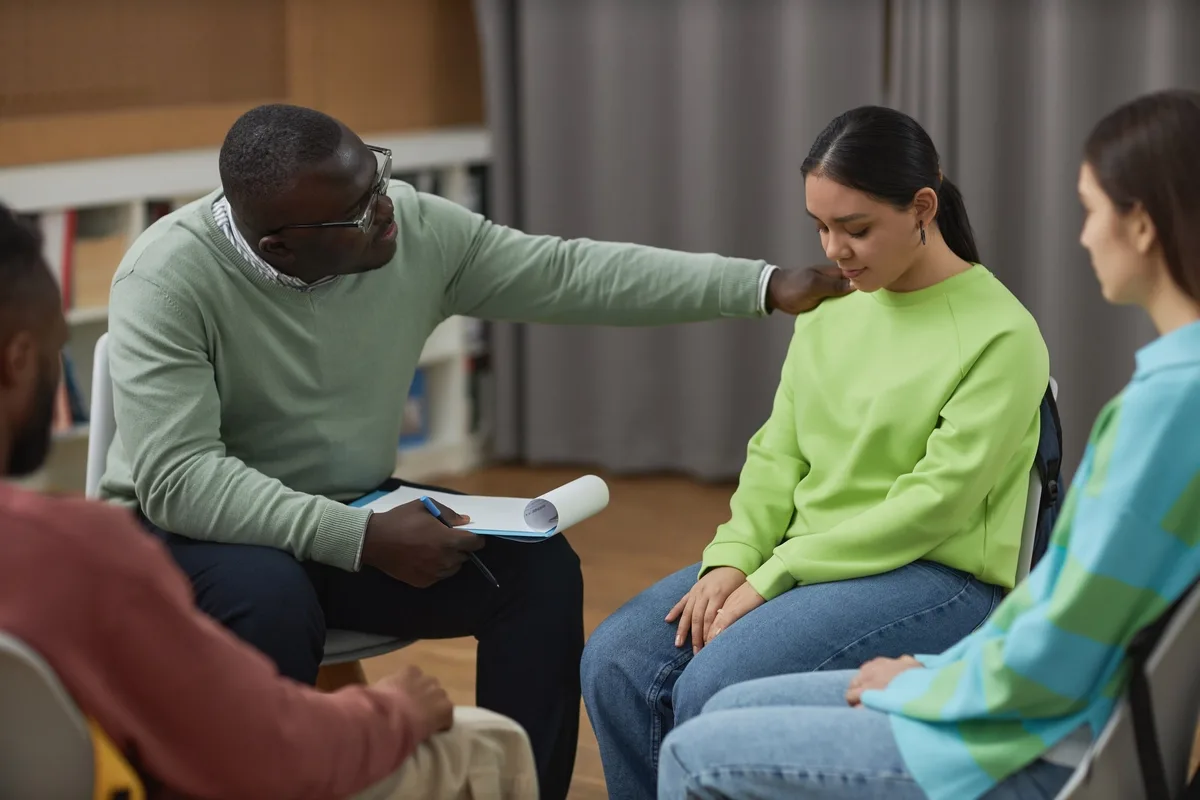24/7 Helpline:
(866) 899-221924/7 Helpline:
(866) 899-2219
Learn more about Aftercare Support centers in New Orleans
Aftercare Support in Other Cities

Other Insurance Options

Choice Care Network

Premera

WellPoint

Health Choice
Beacon

Aetna

Sutter

Holman Group

GEHA

Humana

MHNNet Behavioral Health

CareSource

BHS | Behavioral Health Systems

Coventry Health Care

MVP Healthcare

Self-pay options

Ambetter

Group Health Incorporated

Sliding scale payment assistance

Evernorth














